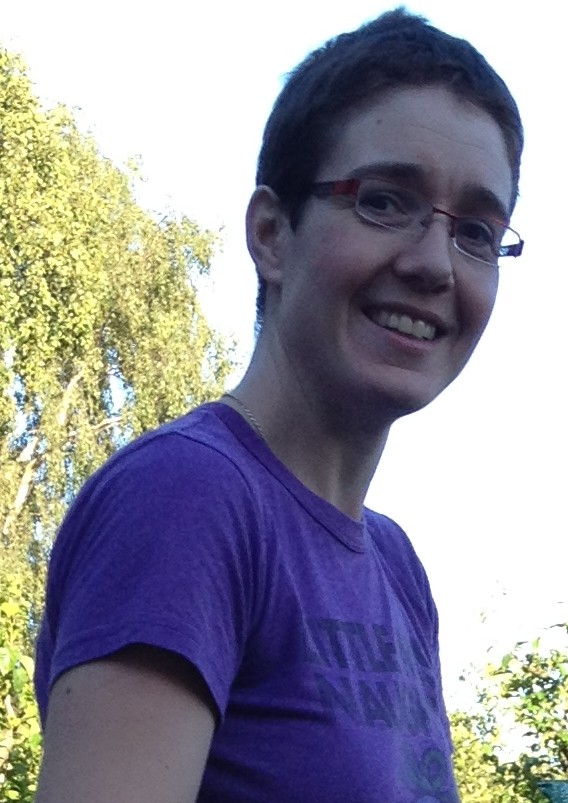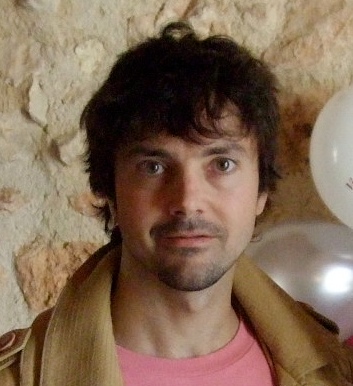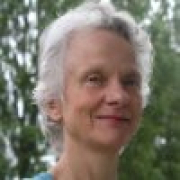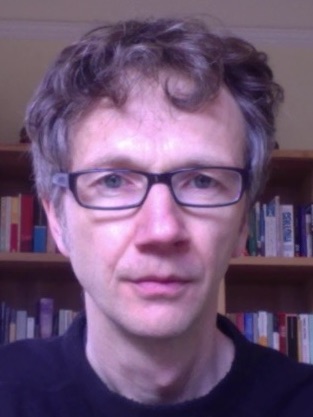Speakers
Charlotte Deane
 Talk: Improving fragment assembly protein structure prediction
Talk: Improving fragment assembly protein structure prediction
Bio: Charlotte Deane (University of Oxford) is interested in many aspects of protein structure prediction and protein interaction networks, which she investigates with a bioinformatic approach combining both theoretical work and empirical analyses. In particular, her group focus on protein structure evolution and prediction, and on understanding the structure and evolution of protein interaction networks.
Alexander Fletcher
 Talk: Cancer progression and therapeutic response: A role for agent-based and multiscale modelling
Talk: Cancer progression and therapeutic response: A role for agent-based and multiscale modelling
Bio: Alexander Fletcher (University of Sheffiled) develops and applies mathematical models to study complex biological systems. Techniques range from discrete and continuous models of temporal dynamics to individual-based and multiscale simulations. Applications of his work include mechanisms underlying tissue homeostasis and their disruption in cancer formation and progression, and the orchestration of cell-level processes such as proliferation, death, adhesion and migration to give correct tissue-level proportions in embryos.
Julian Gough
 Talk: A computational system for manipulating cell fate control networks (Morgrify)
Talk: A computational system for manipulating cell fate control networks (Morgrify)
Bio: Julian Gough's (MCR)
research group uses computational techniques to study biology from the scales molecules and cells to whole organism phenotypes. Using their research the group aims to create innovative technologies and advance scientific knowledge in areas including regenerative medicine and personal genomics. Julian's own research interests are diverse and include protein domains in cellular organisms in several dimensions, transcription, regulation and cell fate; non-coding sequences; intrinsically disordered proteins; function and phenotype prediction; viral evolution; mutation analysis; drug repurposing; continuous monitoring devices; directed evolution.
Carole Proctor
 Talk: Using computer simulation models to investigate the molecular mechanisms of ageing
Talk: Using computer simulation models to investigate the molecular mechanisms of ageing
Bio: Carole Proctor (Newcastle University) works in the Musculoskeletal Research Group where computational models of molecular mechanism in muscoskeletal ageing are developed. She is also interested in modelling mechanisms and pathways of DNA checkpoints and protein degradation, which are closely related to neurodegenerative diseases.
Peter Swain
 Talk: An intracellular organization of extracellular information
Talk: An intracellular organization of extracellular information
Bio: Peter Swain's (Edinburgh University) lab focusses on the understanding of the information-processing strategies which allow cells to make decision in a stochastic environment. They use a combination of both experiments (microfluidics, fluorescence microscopy) and theory (non-linear dynamics, information theory, and evolutionary biology) to develop mathematical models of biochemical information-processing.